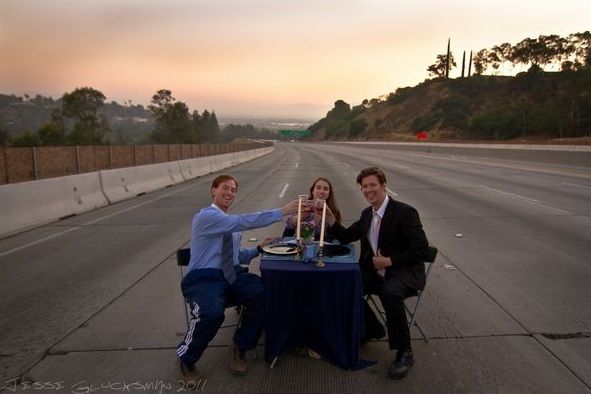This is great stuff here. I had previously supposed that once autonomous cars were proven much safer than normal cars, that laws might mandate that humans no longer be allowed to drive. Kind of how the NHTSA mandated forward collision avoidance on all cars starting in 2022. For safety reasons.
What Tupper is essentially saying is that if you have a car that is proven to be 100x safer than a human driver when running autonomously, it is by default the ultimate "back seat driver". You no longer need to have a law that says "humans cant drive", you just have a law that says that humans can drive, but the autonomy system must be running and monitoring what is going on and take over to prevent anything really bad from happening. So conceptually it will let you drive 100mph, but not let you intentionally or unintentionally rear end someone at that speed.
To get back on topic, I don't believe that the Model 3 will have any features more advanced than the S and X. Those are more expensive cars, so anything new that will go on the 3 will show up on the S and X in a hardware refresh prior to the debut of the 3. So maybe late 2017 we see the hardware show up on the S and X that supports essentially "full autonomy", and the same hardware also being on the 3, either on the base model, or more likely as a pricey option. Then, with all the hardware present, Tesla "turns on" capabilities as both the underlying software support it, and the legal framework allows it.
This gets back to the quote from Elon (I believe) where he said they didn't need Lidar. That they could do it all with radar, cameras, and software. That would obviously be much cheaper, but you just need to be absolutely certain that you get the hardware platform correct from the start, so you don't need another hardware refresh to get to full autonomy.
RT




